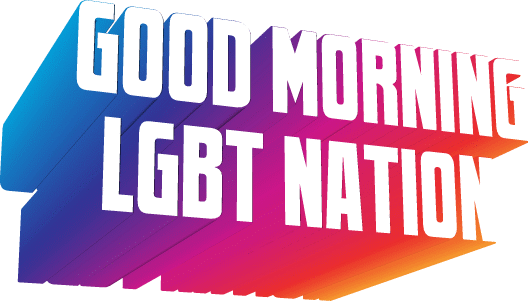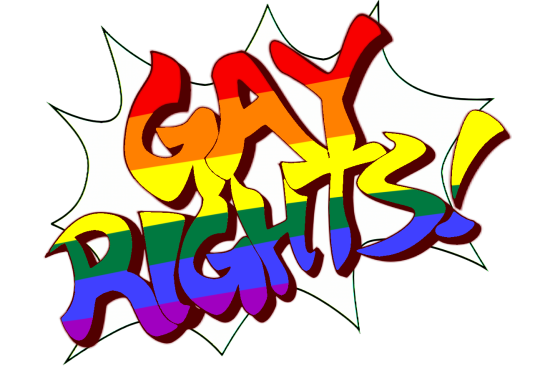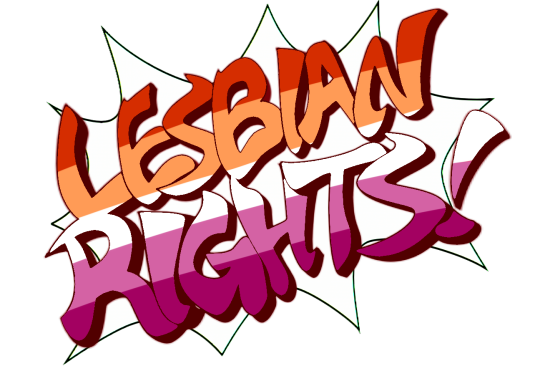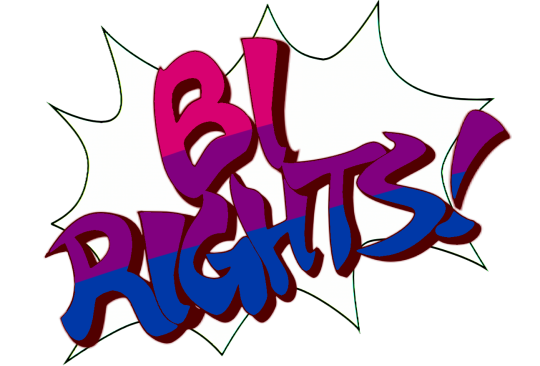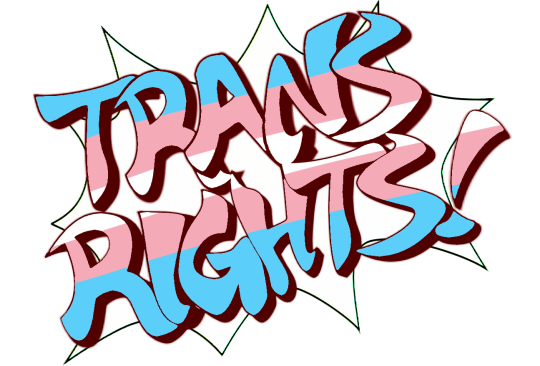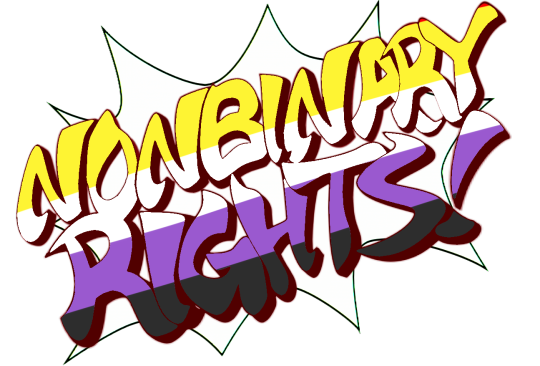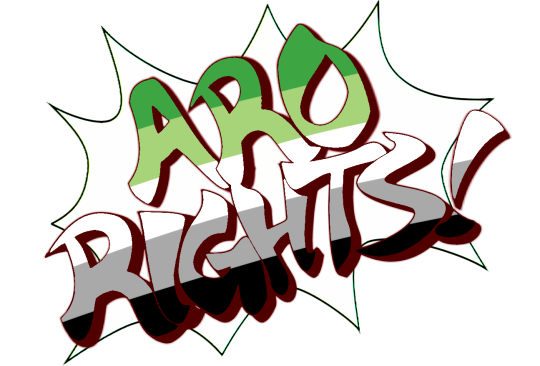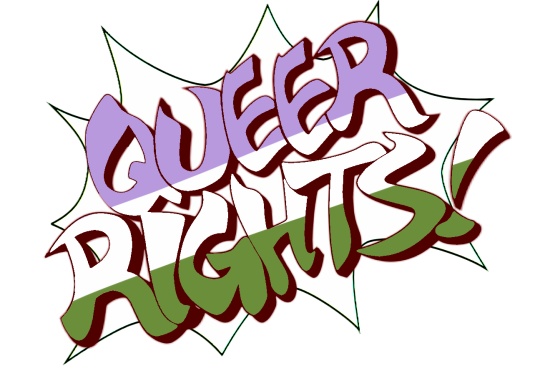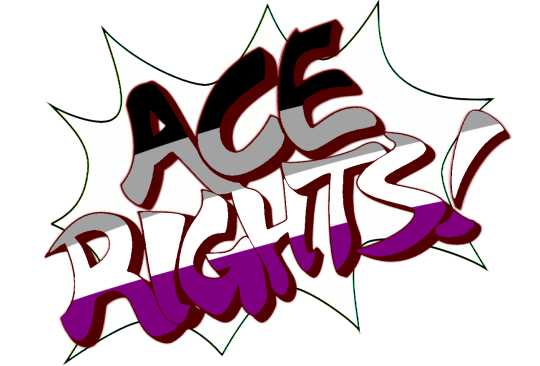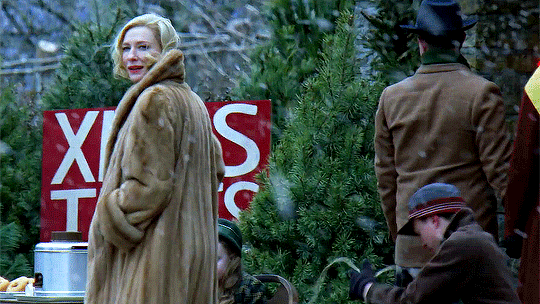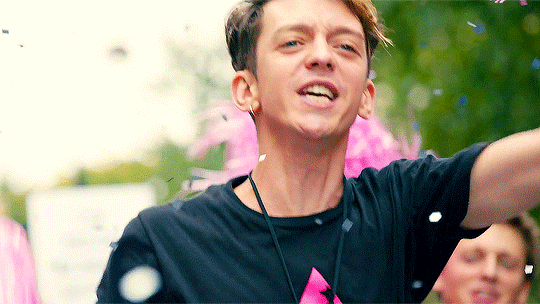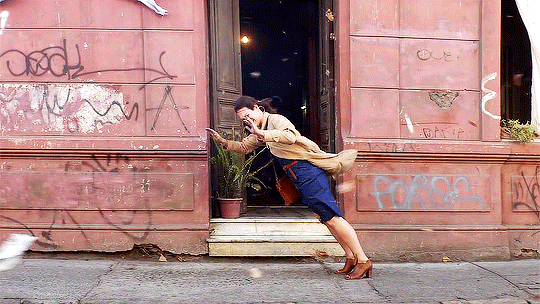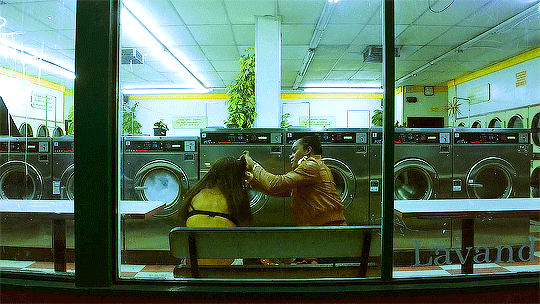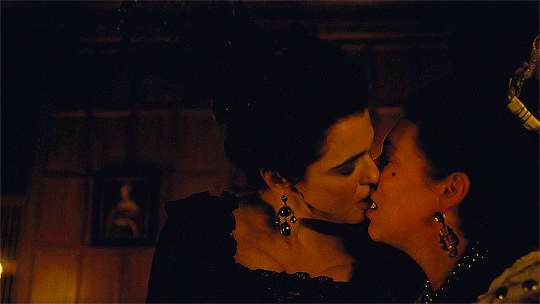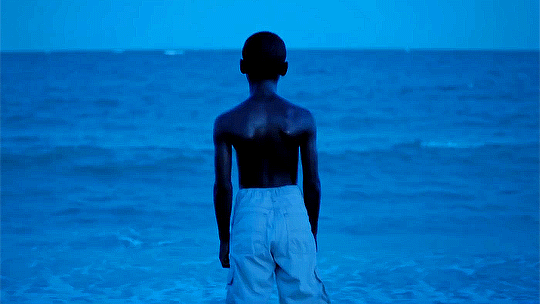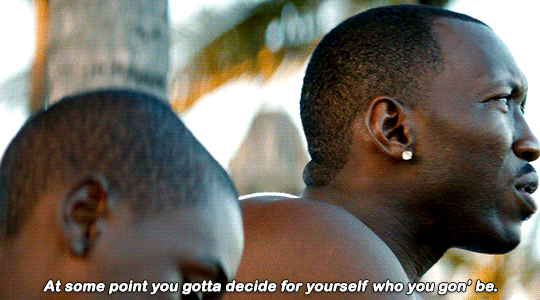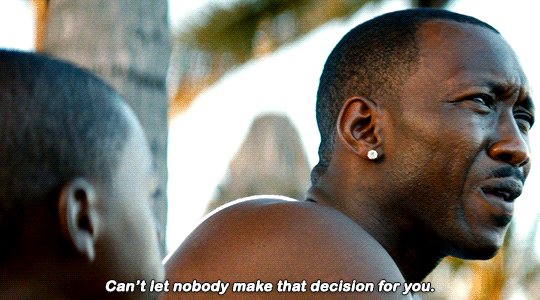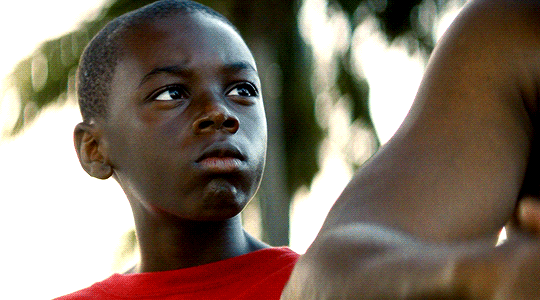Blog by: Fatima Castaneda Miki Ohiwa Jennifer Vo Media Analysis Final Professor Winder Winter 2020 SOC 146 3/16/2020
Don't wanna be here? Send us removal request.
Text
WE ARE THE LGBTQ+ POC ALLIES!
This blog is dedicated to analyzing the short LGBTQ+ POC documentaries:
1. “All in My Family” on Netflix
https://www.netflix.com/title/80208662
2. “Stonewall Forever” on Youtube
youtube
youtube
0 notes
Text
The Importance of Intersectionality within the LGBTQ+ POC experience.
By: Fatima Castaneda
3/16/2020
Queer rights are human rights. No matter was race, socioeconomic background or religion a queer individual may represent, they deserve just as much support, solidarity and representation as their white counterpart. Intersectional theory claims that people are often deprived by an overlap of multiple sources of disadvantage, such as: their race, class, gender identity, sexual orientation, religion, ect. Kimberley Crenshaw, the developer of intersectionality theory states, “Systems of race, gender, and class domination converge, as they do in the experiences of people of color, intervention strategies based solely on the experiences of people who do not share the same class or race backgrounds will be of limited help because different people face different obstacles.” Consequently, queer people of color have a qualitatively different experience in life than that of a white person. In "Stonewall Forever," the documentary discuss the issues of racism and transphobia that was present within the queer community and the Gay Liberation Movement of 1969. The documentary “All in my Family” displays the unique experience of a gay Chinese man, Hao Wu, who escaped to the U.S. for queer liberation but still lives life cautiously due to the intersections between his queer identity and his traditional Chinese culture. Both these short documentaries emphasize the importance of intersectionality when understanding the LGBTQ+ POC experience.
The documentary "Stonewall Forever" emphasizes the importance of intersectionality when understanding the LGBTQ+ POC experience. The first gay riot occurred at Stonewall. The peaceful club was raided by authority abusing NYPD where they violently beat and arrested many queer individuals, especially drag queens. This altercation sparked the gay rights liberation movement in New York in 1969. The queer community organised their first gay pride march called the “Christopher St. Liberation Day March” on June 2, 1970. Although this march was progressive, it was also oppressive because only white queer people were represented and supported. When latinx trans activist Sylvia Rivera tried to speak at the march, she was booed and silenced by the white crowd. Kimberly Crenshaw, affirms this hostility towards a woman of color stating that, “Women of color are differently situated in the economic, social, and political worlds. When reform efforts take place on behalf of women, women of color are often less likely to have their needs met than women who are racially privileged.” At the time of the first pride march, people of color and trans individuals were not considered part of the Gay Liberation Movement. Yet, Sylvia Rivera had been at the forefront fighting for Gay and Trans liberation. She had been jailed, beaten and had lost her home and job just for the cause. “Many women of color are burdened by poverty and the lack of job skills. These burdens largely the consequence of gender and class oppression, are then compounded by the racially discriminatory employment and housing practices women of color often face, as well as by the disproportionately high unemployment among people of color that makes women of color less able to depend on the support of friends and relatives for temporary shelter.” (Crenshaw, 1245). As a result, Marsha P. Johnson and Sylvia Rivera, were inspired to start a separate Trans Liberation Movement because they had first hand experience with the racism and oppressive limitations inside the queer community. These two queer women of color were aware that their race overlapped with their sexuality to create a unique experience, an experience that was not respected, represented, or considered in the white gay agenda. This shows the importance of Intersectionality when discussing queer POC rights and liberation because “the intersections of race and gender only highlights the need to account for multiple grounds of identity when considering how the social world is constructed.” (Crenshaw). It is important to spread awareness and solidarity to the experiences and issues queer POC face everyday to successfully make progressive change for all!

The documentary “All in my Family '' emphasizes the importance of intersectionality when understanding the LGBTQ+ POC experience. Hao Wu shares his unique experience as a gay Chinese man. Although he left China at 20 years old for his queer liberation, he still had to navigate cautiously through life due to the intersections between his sexuality and race. Although Hao is an openly gay man in the U.S., he is closeted to most of his family in China. His Chinese culture makes it difficult for him to be open about his sexuality because of major cultural expectations and heteronornative norms of sexuality and marriage. Homosexuality is not common in China, it is unheard of and looked down upon. It took his mother 3 years to get over her pain and to accept that her queer son. Hao has a very close relationship with his family. He works hard to make them proud because they mean a lot to him and their opinion is important to him. His family, especially his grandfather, is always asking him when he's going to get married and have kids. Throughout the documentary Hoa contemplates coming out to his grandfather in fear of the shame, embarrassment and disapproval. In the end, Hao gets happily married to Kevin, a queer Chinese man, and they raise 2 beautiful kids through surrogacy. Throughout his documented journey, Hao still does not come out to his grandfather since he and his mother can not bear to hurt him. Hao’s reality emphasizes how coming out doesn't really exist for a queer man of color like him. McCune’s research on men of color and masculinity affirms that, ‘‘There is no closet for men of color to go in*neither is it necessary to come out.’’ This is due to the constant pressure and cultural expectations implemented on men of color. “The closet” does not exist for men of color because homosexuality and the process/experience of “coming out the closet” is foreign, unheard of and even disapproved in many cultures of color. No honorable Chinese man would dare come out as queer and disappoint their family and ancestors. “The closet may be an insufficient trope in critical discussions of the complex sexuality of men of color” because men of color face far greater obstacles that just “coming out of the closet” like a white queer man (McCune).

References
Crenshaw, Kimberle. “Mapping the Margins: Intersectionality, Identity Politics, and Violence against Women of Color.” Stanford Law Review, vol. 43, no. 6, 1991, pp. 1241–1299. JSTOR, www.jstor.org/stable/1229039.
McCune, Jeffrey Q. Jr (2008) “Out” in the Club: The Down Low, Hip-Hop, and the Architecture of Black Masculinity, Text and Performance Quarterly, 28:3, 298-314, DOI: 10.1080/10462930802107415
NYC, LGBTQ Center. Stonewall Forever. Youtube, 2019.
Wu, Hao, director. All in My Family. Netflix, 2019
0 notes
Text
Breaking Through the Expectations
By: Miki Ohiwa
3/16/2020
The two documentaries, Stonewall Forever and All In My Family, explore the ways different ways that Hao and the gay community overcame the expectations placed upon them to ultimately embrace their sexuality and live their life. In All In My Family, Hao discusses the ways that his Chinese cultural heritage had dominated the way he was expected to act and live. His mother devoted her life to raising her children to achieve higher education to please their ancestors and Hao, as the only male descendent, was expected to have purebred children and have a good job. Unable to deal with hiding his sexuality and the familial pressures, he had escaped to America to live his life in peace. Even after his family had accepted his sexuality, the documentary demonstrates the ways his family continues to hold their cultural values against his identity. For example, Hao’s grandpa expects Hao to bring home a wife and kids before his 100th birthday and his mother refers to his family as not “normal” and opposes the idea of grandchildren. Despite the clashing cultural expectations of his family and Hao’s identity, Hao breaks through the oppression and makes a family of his own and continues to pursue his passions and dreams.
Similarly, Stonewall Forever documents the way that the queer community transformed from living in the shadows to being proud and public through the Stonewall Riot. Before the riot, the queer community lived in fear and often occupied an area called the “Gay Alley” located in a park where gay men and lesbians lived on benches together. Areas where the queer community occupied were often met with police brutality and many were arrested for being gay or mingling with a person of the same sex. Despite the risks of being arrested or hospitalized, gay men and women continued to mingle and live their life quietly in their spaces. After the Stonewall Riot, the queer community broke through the expectations to be submissive to police power and societal oppression and began to fight back. This led to the beginning of Gay pride, where different cultural, sexual, and minority groups came together and refused to live in fear. As a result, the queer community began to live freely and publically, celebrating their sexuality and idenities. From being oppressed to becoming a large community that celebrates their sexuality publically and without shame, the queer community transformed into a vibrant and proud group that changed society.
These issues regarding the different expectations and oppressions that plague the queer community is discussed in Buller Men and Batty Bwoys by Wesley Crichlow. The reading discusses the ways that the moral oppressions from the Black community, such as their Christian religion, Black church, and Black nationalism labels Black same-sex practices as immoral (Crichlow 1998). The same way that the larger Black community maintains expectations and beliefs that repress the black queer community, both Hao’s Chinese heritage and societal oppression for those involved in the Stonewall Riot demonstrate how the larger society holds beliefs that are antithetical to the lives of the queer community and their identities. As a result, they have lived in the shadows of the heterosexual community. However, both documentaries show the ways that they have broken through the oppression and paved a way to live their life in a way that is true to their identity.


References
Crichlow, Wesley E.A. 1998. “Buller Men and Batty Bwoys: Hidden Men in Toronto and Halifax BIack Communities.” University of Toronto Press: 1-44.
0 notes
Text
Masculinity vs. Femininity
By: Jennifer Vo
3/16/2020
For my critique, I will be discussing the notions of masculinity or femininity expressed in the documentaries, “All in My Family” and “Stonewall Forever.” As seen at the core of the Stonewall riots, people of all color from the LGBTQ community were being discriminated against by the police. These included (but are not exclusive to) gay men, lesbian women, or transgendered people. Although transgendered people stood by the Gay Liberation Front to fight for the basic human rights of the queer community, the organization did not return the efforts. Gay and lesbian women in this movement casted aside transgenders when it came to fighting for equality and even going as far ignoring their protests at rallies. Sylvia Ray Rivera was a latina transgender rights activist during the Stonewall era. Gays and lesbians from the gay liberation movement despised her expression of femininity, even though she had given up a lot of her life to fight for them. Sylvia River was seen as a pioneer of the advocacy for trans rights within the movement of queer people. At some point, she even fought her way onto the stage at a Gay Liberation Front’s rally and called out its institution for not providing the same reassurance as the trans community did for them.
In Netflix’s documentary, “All in My Family,” masculinity is a very important aspect of Hao’s family. Being a son in a Chinese family is very important and tends to come with the responsibility of marrying a woman to have children and continue the family name. Hao is a gay man who has come back to China to visit his family. Everyone in his family knows that he has built a family in America with another man besides his grandfather. Every year, his grandfather stresses that Hao must bring home a wife so that he can meet her. Throughout the documentary, masculinity can be seen as something that was held more important than femininity. For instance, his grandfather looked forward to meeting Hao’s children more, claiming that a boy in the family is really important. Although Hao has always wanted to live by the truth, he understands that sometimes people’s feelings must be spared. Even when introducing his husband to his grandfather, he never told him who he was. Hao expresses that as long as he does not have to hide who he is, he doesn’t have to tell the entire truth either.
Han’s reading from class displays the relationship between femininity and masculinity in a different light. To the outside world (specifically America), femininity in Asian women tends to be hypersexualized and masculinity in Asian men tends to be hyposexualized. Depictions of Asian queer men in mainstream media even shows their inferiority to white queer men. This usually affects Asian men’s self esteem, putting them in a position to always be viewed as a “bottom” in a gay relationship. Because they are looked down upon, they usually do everything they can to differentiate themselves from their racial and cultural background. Some even go as far as to act submissive, placing them in dangerous sexual circumstances. In this reading, femininity and masculinity is not exhibited in a manner of opposition from the outside world but of their version of acceptance. That even in acceptance, queer Asian men must also deal with discrimination from the social construct.


References
Han, C. Winter. Geisha of a Different Kind: Race and Sexuality in Gaysian America. New York Univ. Press, 2015.
NYC, LGBTQ Center. Stonewall Forever. Youtube, 2019.
Wu, Hao, director. All in My Family. Netflix, 2019
0 notes
Photo

A 96-year-old gay man at Brighton Pride 2019
7K notes
·
View notes
Photo





Who is you, Chiron?
MOONLIGHT (2016) dir. Barry Jenkins
8K notes
·
View notes
Photo

Love Always Wins
Visit us and join 1.5 Million fans at: www.facebook.com/NewsLGBT
158 notes
·
View notes
